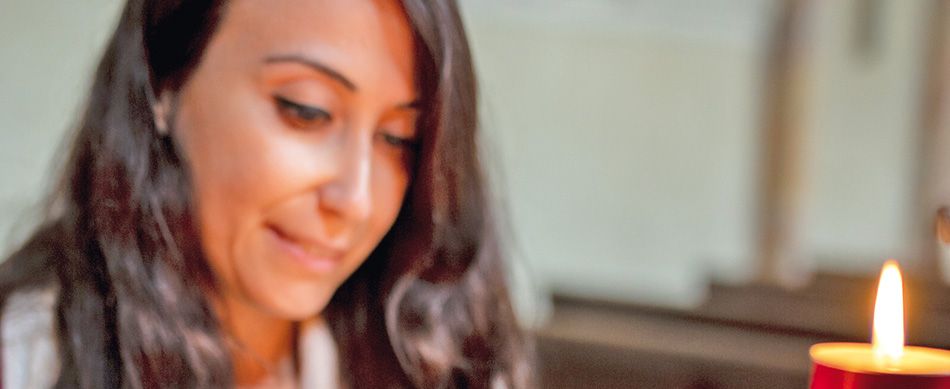The Art of Discipline
Dear Mr. Pfister, I feel very motivated to get involved in many of the beautiful practices we have in our Catholic faith. While on the surface I know this is a very good thing, the problem I have is that I struggle to follow through on even the most basic of things consistently. I try to engage in novenas or other devotions, read about the lives of the saints, and maintain a consistent prayer life, but these things all tend to go to the wayside after a short time. This struggle to build healthy habits also happens outside of my spiritual life. How do I build strong, consistent habits that will last even when my motivation wanes?
Building good habits – or virtues – is an important, albeit challenging, part of our daily lives as human beings. We’ve all had the experience of wanting to begin consistently doing a good thing – be it eating healthier, exercising, or beginning a new hobby – only to find ourselves stopping shortly after we’ve begun. The determination and consistency necessary to follow through until the new behavior becomes a habit is often the most difficult part to master, leaving many of us shaking our heads and asking ourselves why it seems impossible to build this good habit.
While this is a common experience for many of us, the good news is that as our understanding of the brain continues to develop, so does our awareness of how habits develop. Recent scientific discoveries have led to four practical, effective steps we can use to begin developing lasting habits.
The first step is to make the cues, or reminders that will trigger the habit, obvious in our environment or daily routine. Let’s use the desire to begin praying more consistently as an example. Setting up a designated space for prayer, complete with items such as rosaries, statues or icons, devotional booklets, and a Bible make it an obvious reminder of the habit we desire to build, and will make it more likely that we will follow through consistently.
The second step is making the new habit attractive and rewarding by pairing it with a current habit we have, such as things I already enjoy doing. Using prayer again as an example, I can choose to pray before I have my morning cup of coffee or tea because this will teach my brain to associate prayer with something I already enjoy and consider part of my normal daily routine.
The third step is finding ways to make it simpler to follow through on the desired habit. Think of taking small steps and building to bigger ones over time. Instead of trying to start with going to daily Mass, praying the rosary, and doing multiple other devotions each and every day, choose one thing to start with and build from there. Start by going to daily Mass once each week or praying the rosary one day this week and build over time until you are going to Mass or praying the rosary daily.
The last step is about changing our identity or the way we see ourselves based upon the habit we’re trying to build. Habits have the capacity to change how we see ourselves because it changes the fundamental ways in which we think or behave. Using the example of prayer, allow your new habit to change your identity from ‘a Catholic who is trying to pray more consistently’ to ‘a prayerful Catholic’. Studies show that this simple change in how we see ourselves based on the habit we’re building increases the likelihood of the habit forming and remaining in the long term.



